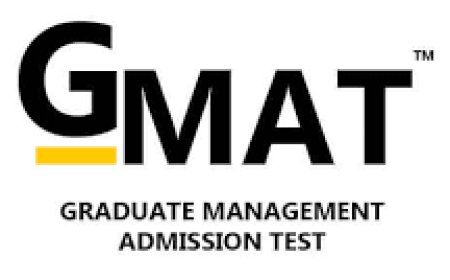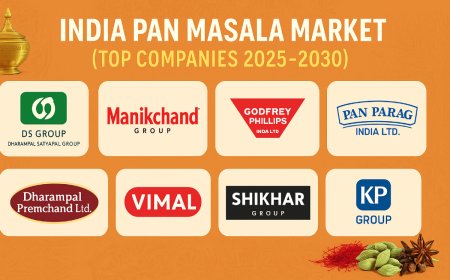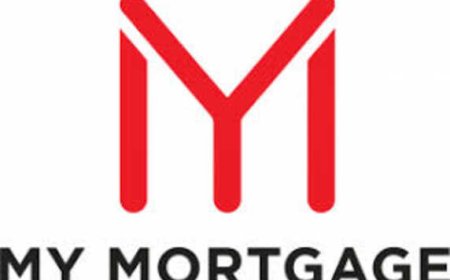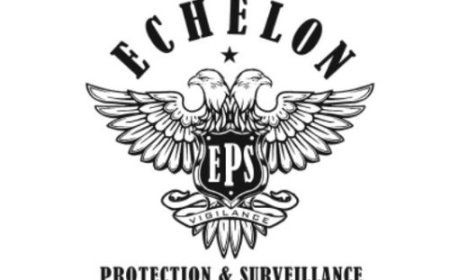Global Zinc Ingot Price Trend Analysis: Latest Market Insights, Forecasts, and Regional Breakdown
A comprehensive zinc ingot market analysis reveals the intricate interlinking between raw material supply, smelting capacities, and downstream demand.
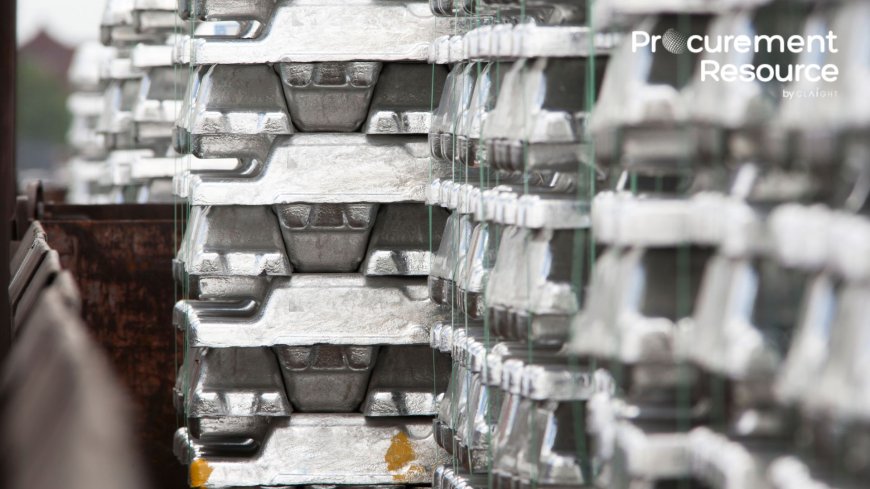
The zinc ingot price trend is a critical economic indicator for industries reliant on galvanization, die-casting, and alloy production. With zinc playing a fundamental role in various applications, including automotive parts, construction, and battery manufacturing, tracking its market dynamics provides valuable insights for stakeholders and procurement strategists. The price trend of zinc ingots is shaped by numerous variables including supply-demand shifts, mining outputs, industrial activity, and geopolitical factors.
Request for the Real Time Prices: https://www.procurementresource.com/resource-center/zinc-ingot-price-trends/pricerequest
Latest Zinc Ingot Price News and Developments
Recent months have witnessed significant fluctuations in the zinc ingot market due to global economic transitions. The zinc sector has experienced price volatility caused by changes in mining regulations, transportation disruptions, and energy cost surges. Environmental policies and emissions-related limitations in major producing countries like China have further influenced zinc production levels, thereby affecting ingot prices.
In parallel, European demand for zinc ingots has seen a moderate rebound as infrastructure projects gain momentum. On the other hand, the U.S. market remains cautiously optimistic, with steady purchasing activity backed by the automotive and construction sectors.
Zinc Ingot Market Analysis
A comprehensive zinc ingot market analysis reveals the intricate interlinking between raw material supply, smelting capacities, and downstream demand. Zinc ingots are primarily extracted from ores like sphalerite and undergo smelting before being shaped into ingots. The entire supply chainfrom mining operations to final transportationinfluences pricing structures.
Key influencing factors include:
- Supply Chain Logistics: Any disruption in shipping routes, port activities, or container availability has a direct impact on zinc delivery and thus, pricing.
- Energy Prices: The energy-intensive nature of zinc smelting means that electricity and coal prices play a pivotal role in determining production costs.
- Policy and Tariffs: Import-export duties, carbon taxes, and international trade agreements regularly affect global zinc ingot prices.
- LME Inventories: Zinc inventory levels on the London Metal Exchange (LME) are often seen as a benchmark. Declining inventories typically push prices higher.
Historical Zinc Ingot Price Data
Studying historical data of zinc ingot prices helps stakeholders understand long-term price patterns and their underlying causes. Over the past decade, zinc ingot prices have seen cyclical trends driven by macroeconomic conditions, mining expansions, and technological advancements in the steel and galvanization industries.
Notably, zinc prices surged during periods of aggressive infrastructure spending (e.g., post-2008 recovery phase and COVID-19 stimulus periods). Conversely, downturns in industrial activity during economic slowdowns led to significant price drops.
Some of the notable historical events affecting zinc ingot price trends include:
- The mining sector slowdown in 2015, which curtailed supply.
- The 2020 COVID-19 pandemic, resulting in supply chain disruptions and fluctuating demand.
- Energy crises in 20212022 which raised production costs globally.
Zinc Ingot Price Forecast
Forecasting the zinc ingot price trend involves evaluating future supply conditions, potential mining expansions, sustainability measures, and technological developments in zinc usage.
Several market analytics firms and commodity forecasting platforms indicate that zinc ingot prices could witness moderate growth over the next few years due to:
- Increasing demand from electric vehicle (EV) batteries and renewable infrastructure.
- Limitations in new mining project approvals due to environmental constraints.
- Sustained recovery of industrial output in Asia-Pacific, especially China and India.
Forecast models also incorporate indicators such as:
- Projected LME inventory trends
- Expected energy cost shifts
- Macroeconomic outlook including interest rates and inflation
- Exchange rates affecting global trade
Zinc Ingot Market Insights
Analyzing zinc ingot market insights reveals strong end-user consumption in galvanization, which consumes over 50% of global zinc. The construction and automotive sectors continue to be major consumers, followed by battery manufacturers, die-casters, and alloy producers.
Key insights include:
- Technological Upgrades: Advancements in zinc-air battery technology are creating new downstream demand.
- Green Zinc Production: The push towards decarbonized mining and smelting methods is changing cost dynamics.
- Regional Demand Differentiation: Developed economies lean on zinc for infrastructure repair, while developing nations focus on new builds.
- Investment Trends: Hedge funds and institutional investors are increasingly treating zinc as a speculative asset, adding to price volatility.
Zinc Ingot Regional Analysis
Asia-Pacific
China dominates the global zinc market, both as the largest producer and consumer. The countrys industrial policies and environmental regulations heavily influence the zinc ingot price trend worldwide. India is emerging as a growth center due to expanding infrastructure and automobile sectors.
Europe
Environmental sustainability mandates are driving innovation in zinc production. However, high energy costs and policy-driven production restrictions contribute to fluctuating prices. Europes demand is largely dependent on infrastructure and green tech initiatives.
North America
The U.S. and Canada maintain steady zinc consumption, largely driven by the automotive and construction industries. The Inflation Reduction Act and the Infrastructure Investment and Jobs Act are expected to drive higher future zinc demand.
Latin America and Africa
Zinc mining operations in Peru, Bolivia, and Namibia are crucial to global supply. Investment in mining technology and infrastructure in these regions will play a major role in shaping future supply dynamics.
Zinc Ingot Price Chart and Database
Access to a comprehensive zinc ingot price chart helps industry professionals and procurement teams make informed decisions. Monthly and yearly trend charts visualize how prices have moved historically, showcasing high, low, and average values.
Databases maintained by market research firms like Procurement Resource compile:
- Daily/weekly/monthly zinc ingot prices
- Price comparison across global markets
- Data on zinc ore availability and smelting costs
- Correlation between zinc ingot prices and steel/aluminum prices
Such databases are vital for benchmarking, risk assessment, and procurement planning.
Request for the Real Time Prices: https://www.procurementresource.com/resource-center/zinc-ingot-price-trends/pricerequest
Why Monitoring Zinc Ingot Prices Matters
Understanding the zinc ingot price trend is essential for industries with cost-sensitive operations. From small manufacturers to multinational enterprises, zinc price volatility can significantly influence product pricing, margins, and competitiveness.
Businesses involved in:
- Automotive components
- Steel galvanization
- Battery production
- Agricultural tools
- Home appliances
must actively monitor pricing trends to ensure profitability and manage risks. Procurement departments increasingly rely on real-time market data, forecasting tools, and professional insights from firms like Procurement Resource to craft data-driven sourcing strategies.
Contact Information
Company Name: Procurement Resource
Contact Person: Ashish Sharma (Sales Representative)
Email: sales@procurementresource.com
Location: 30 North Gould Street, Sheridan, WY 82801, USA
Phone:
UK: +44 7537171117
USA: +1 307 363 1045
Asia-Pacific (APAC): +91 8850629517




